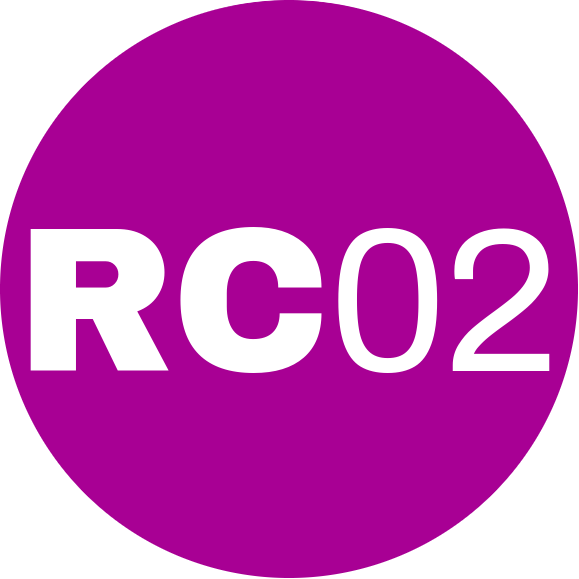The COVID-19 pandemic has further accelerated its global reach in 2020 and is now affecting not only workers in the Northern countries but millions of unprotected and vulnerable workers in the informal economy and in precarious jobs that are hard-hit sectors in the world. Workers have rather seldom access to health services and social protection and are exposed to economic risks. Policy responses need to be implemented so that they provide immediate relief to workers and enterprises as the employment impacts of COVID-19 are far-reaching and unprecedented. However, fiscal space for economic stimulation is restricted in African countries where sectors most at risk are transport, storage and communication; accommodation; real estate; retail trade; repair of motor vehicles and motorcycles. These sectors are labour intensive and employ large groups of often low-paid and low-skilled workers that are laid-off and support reduction in working hours. Shopkeepers, clerks and workers in related jobs are concerned. The accommodation and food services sectors are also largely affected as restaurants and bars are closed so that activities cannot continue. Women are most often concerned in this sector. The agri-business sector has also been hard hit as factories close and global supply chains are stopped. Cancelled orders are suppressing demand in key industries such as fishery, fruit and vegetables that can no longer be exported to European markets because of the closure of international air connections. The transport industry is heavily affected around the world, such as airline crews; others such as people working as delivery workers may continue to respond to the demand for online retail. The food sector and agriculture are impacted due to border closures and containment measures. Employment is at a lower risk in Africa because of higher shares of informality with lower social protection levels. These informal workers have no income replacement if they stop working in case of sickness. Street vendors, food servers, construction workers, transport workers and domestic workers are directly concerned by the lockdown measures. These workers have often decided to return to rural areas without a possibility to continue informal and precarious jobs in urban centres that are locked down.
Policy measures are thus urgently needed that include social dialogue to best serve those in need. Enterprises, jobs and incomes have to be supported. The economy and employment have to be stimulated. Cash transfers and food supply have to be offered. Formal workers have to be supported so that they don’t fall again into informality. International organizations such as the World Bank, the International Monetary Fund and the European Union have activated solidarity transfers on a credit or assistance basis in order to assist African countries in this unprecedented crisis.
However, the current outlook is characterized by high uncertainty regarding the duration of the shock to economies and the long-term impacts on businesses and labour markets. Monitoring and updating of policy measures are thus crucial in African countries South of the Sahara.

